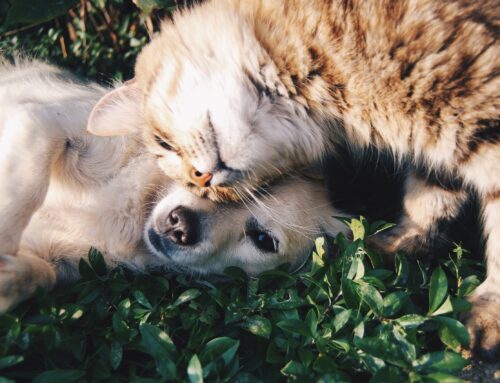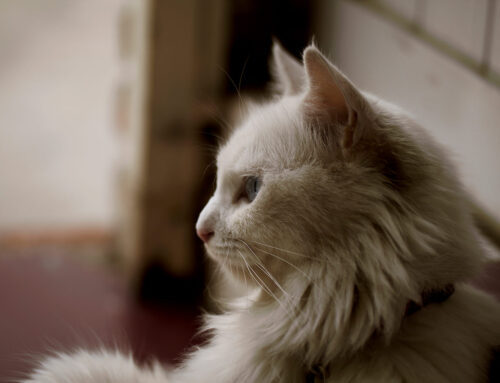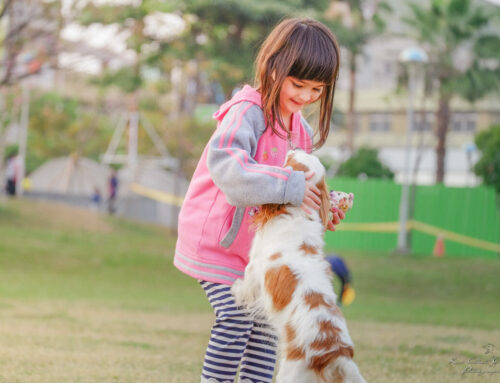Did you know that in ancient Egypt a person was condemned to death for intentionally (or accidentally) killing a cat? When a cat died, their human family would shave their eyebrows as a sign of their deep mourning.
While times have changed and cats may no longer be treated as gods, it is a testament to how powerful the human-animal bond can be.
The American Veterinary Medical Association defines the human-animal bond as “a mutually beneficial and dynamic relationship between people and animals that is influenced by behaviors that are essential to the health and well-being of both.” The human-animal bond has existed for thousands of years and has benefited the emotional, psychological and physical well-being of both people and animals.
Historically, animals were kept because they served some sort of purpose. Dogs guarded the family home, cats were used to keep mice and rats away. Over time, certain animals and humans naturally began to form relationships, as the need for connection and comfort is something that lives in both humans and domestic animals. People experience less physiological distress in the presence of animals (for example, lowered blood pressure, reduced anxiety, general feeling of well-being) and provide us with the opportunity to exercise our natural tendency to nurture and care for things.






